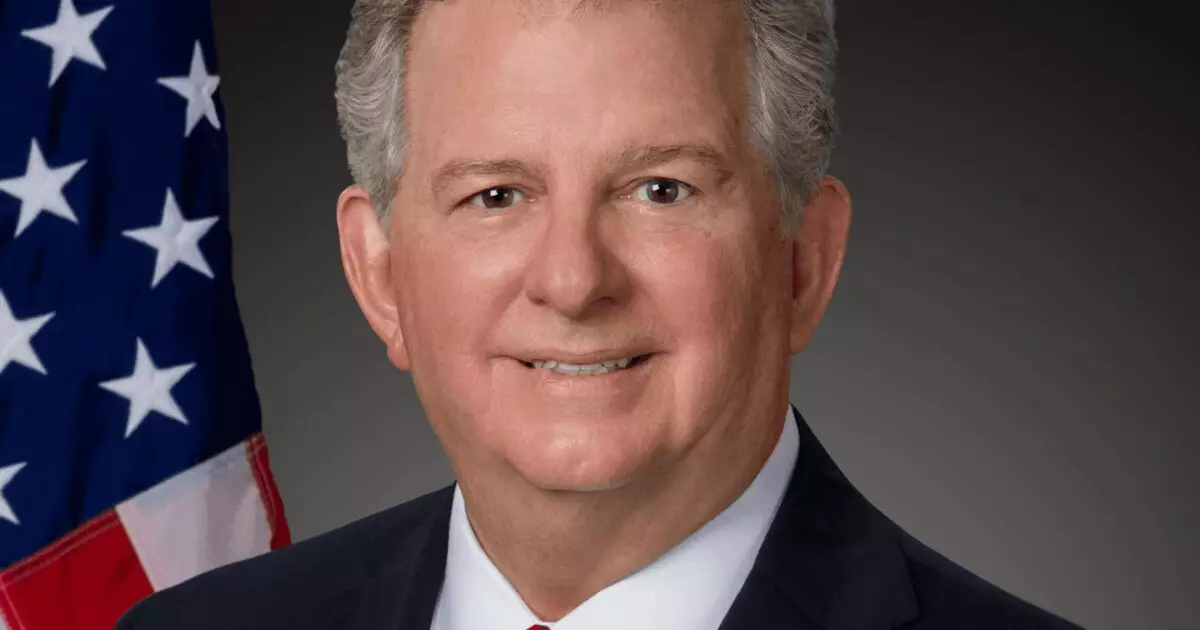Shreveport, Louisiana, is currently navigating murky financial waters, marked by a troubling decline in its credit ranking. The city is preparing to issue $28.9 million in general obligation bonds, supported by bond insurance, as it grapples with underlying credit ratings classified as triple-B. With the preliminary official statement for these bonds already posted, anticipation looms over a sale date that remains unannounced. This bond issuance represents the final chapter in a broader narrative, stemming from a bond election conducted in 2021, yet, it is merely an appetizer to a more considerable feast that awaits. Voters have already given the green light for an additional $256 million in general obligation bonds, earmarked for crucial infrastructure improvements, including streets, drainage, and water systems.
However, this debt issuance comes at a significant cost; the city’s financial health is concerningly precarious. The negative outlook from both Moody’s and S&P Global Ratings signals a downward trajectory that is becoming increasingly difficult to ignore. Moody’s recent downgrade is emblematic of a deeper existential crisis affecting Shreveport’s finances, as it has experienced a worrying trend of shrinking financial reserves. Reporting a mere 1% fund balance reserve relative to operating revenue, Shreveport is heading down a slippery slope that raises alarms about its future economic stability.
Long-Term Liabilities: A Concerning Burden
As Shreveport grapples with its immediate financial obligations, it also faces the daunting specter of long-term liabilities, which are described as “elevated” by Moody’s. An astonishing 443% of the city’s fiscal 2023 revenue is tied up in these liabilities, a statistic that paints an alarming picture of a city struggling under its financial weight. The ghost of previous financial decisions looms large, with numerous warnings indicating that further capital obligations are on the horizon, particularly in relation to the city’s failing sewer system.
Joseph Krist, a noted voice in financial analysis, underscored the problematic relationship that Shreveport has had with state and federal agencies regarding its infrastructure, signaling a potential crisis in how the city addresses such obligations. Krist’s assertion that the city has a history of resisting tax increases during prosperous times only exacerbates the situation, further dulling Shreveport’s financial fortitude. When emergencies arise, as they have with the sewer system, the resistance to adequately fund improvements could lead to a reckless financial spiral, burdening future generations with untenable debt.
The Cost of Delay on Infrastructure Improvements
Infrastructure upgrade decisions have often fallen victim to political machinations, with short-term thinking prioritizing immediate fiscal relief over long-term viability. Shreveport’s leadership must shift its paradigm; delaying scrutiny of raised taxes while ignoring capital maintenance will only deepen the city’s financial quagmire. Mayor Tom Arceneaux highlights the importance of operational reserves, claiming that he will not propose budgets that drop below a critical level of 7%. The lip service paid to maintaining reserves belies the grim reality—a city racing towards an unsustainable fiscal cliff.
With significant stressors like the sewer consent decree and looming capital obligations, the city’s management appears ill-prepared for the challenges ahead. Can residents trust that leadership will transform its cautious optimism into impactful action? The planned modifications to the sewer consent decree may offer a glimmer of hope, yet they remain just that: hopes echoing through a cavernous financial landscape.
The Need for Strategic Forward Planning
Looking ahead, Shreveport is at a crossroads. The city has an opportunity to capitalize on recent economic developments—Amazon’s establishment of a substantial distribution facility and the construction of new medical research centers bring job creation potential. These positives, however, are undermined by the shaky financial foundation that has been built over years of mismanagement and lackluster political will.
As Shreveport’s officials prepare for future bond issues, they must find the fortitude to instate robust fiscal policies. The current strategies, which have left the city’s reserves vulnerable, must give way to comprehensive planning that effectively balances operational needs with expected revenue streams. Investing in infrastructure should be a priority, yet smart funding through tax policy reform is essential if Shreveport is to salvage its financial standing.
In this precarious environment, it is imperative for Shreveport’s governance—both the administration and the city council—to come to terms with reality: the city’s future depends upon a transparent and responsible approach to its fiscal policies. The resilience of the community rests not only on its ability to maintain essential services but also on the political acumen to secure meaningful fiscal reform that stands the test of time. In doing so, Shreveport can perhaps regain its footing before it is too late.


Leave a Reply